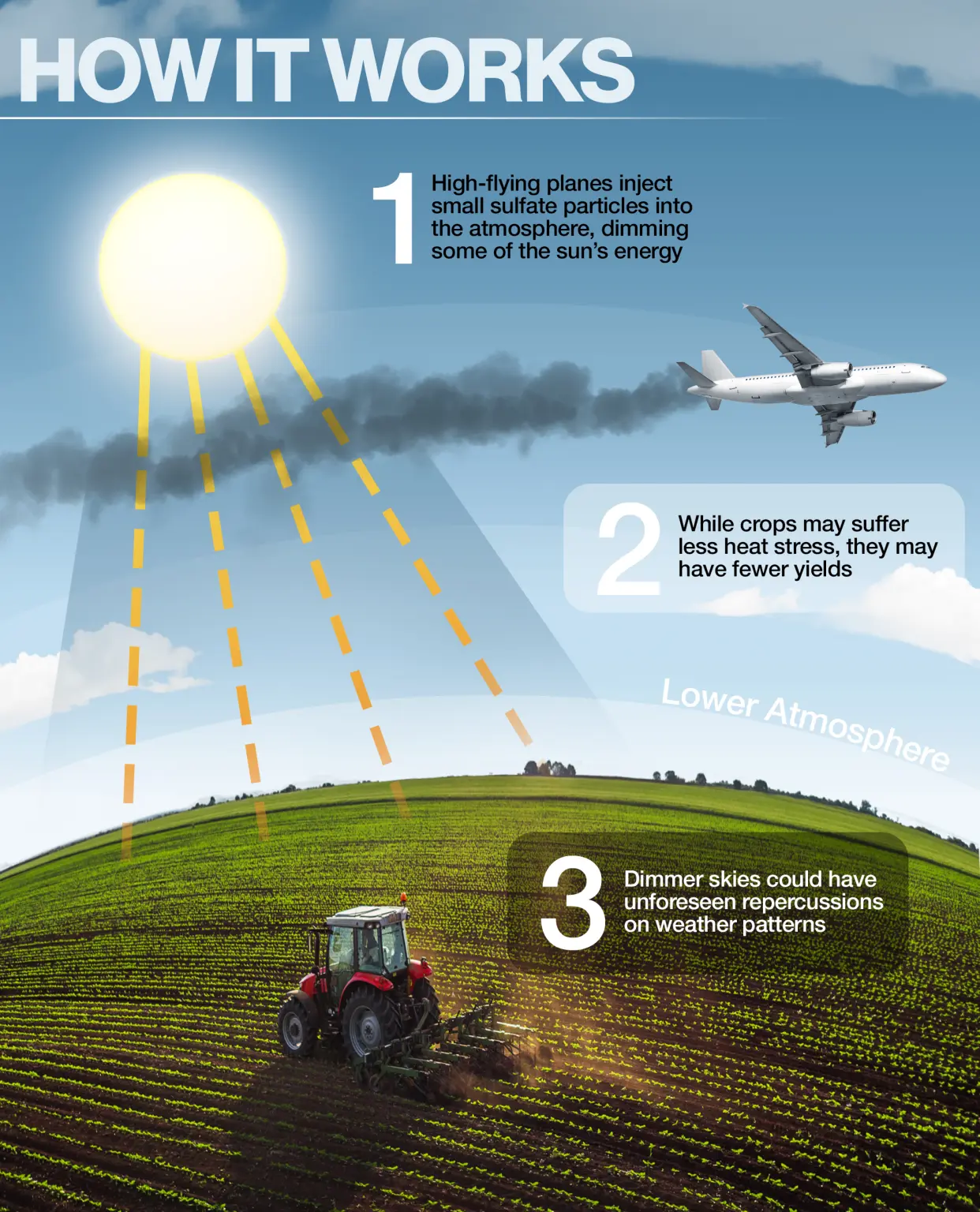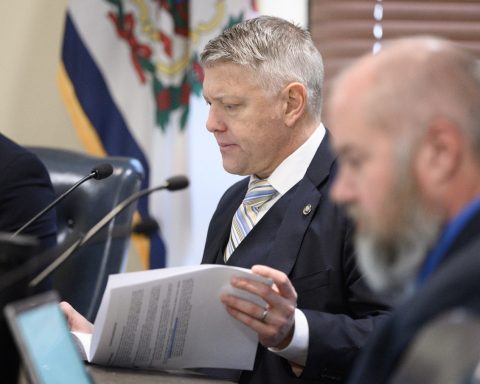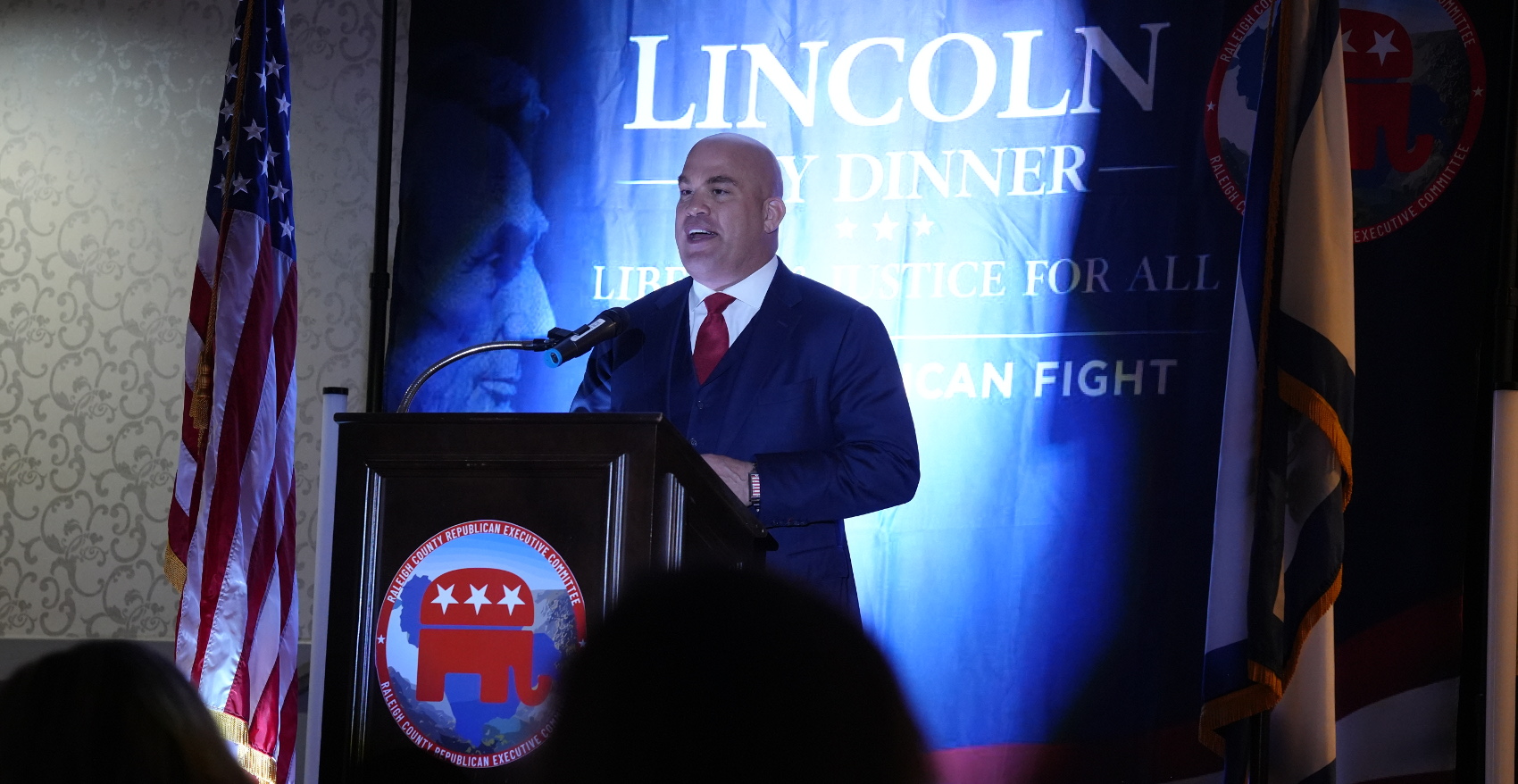LONDON — Scientists in the United Kingdom have received approval for a controversial $66 million experiment aimed at combating global warming by “dimming” sunlight.
The project, funded by the Advanced Research and Invention Agency (Aria), involves injecting aerosolized particles into the stratosphere to reflect some of the sun’s rays back into space, preventing them from reaching Earth’s surface. The experiment will see planes flying at high altitudes releasing sulfate particles into the atmosphere.
Proponents argue the geoengineering effort could be a cost-effective way to cool the planet and mitigate the effects of climate change. Mark Symes, Aria’s project manager, emphasized the urgency of the plan, warning of potential “tipping point” catastrophes if global warming is left unchecked.
“The uncomfortable truth is that our current warming trajectory makes a number of such tipping points distinctly possible over the next century,” Symes told The New York Post. “We reached the conclusion that a critical missing part of our understanding was real-world, physical data.”
The experiment is expected to begin with small-scale indoor testing in the coming weeks. Advocates, including former UK Prime Minister Boris Johnson’s chief adviser Dominic Cummings, suggest that reducing sunlight could even benefit agriculture, as crops may suffer less from heat stress.
In addition to the sun-dimming plan, Aria is also exploring other geoengineering strategies, including “marine cloud brightening,” which would involve spraying sea salt into the atmosphere to make clouds more reflective, and the manipulation of cirrus clouds, which trap heat.

However, the project has drawn sharp criticism. Some experts have labeled the idea “barking mad,” likening it to using aspirin to treat cancer. Environmental scientists warn that the long-term effects of tampering with global weather patterns could be unpredictable and detrimental to food production and ecosystems.
“This geoengineering program is a dangerous distraction from the urgent work needed to achieve net-zero carbon dioxide emissions,” Professor Michael Mann of the University of Pennsylvania told The Post.
Professor Raymond Pierrehumbert of the University of Oxford echoed similar concerns.
Aria, a government agency comparable to the U.S. Defense Advanced Research Projects Agency (DARPA), has previously funded groundbreaking and often secretive technologies, including armed drones, autonomous vehicles, and the early development of the Internet.












